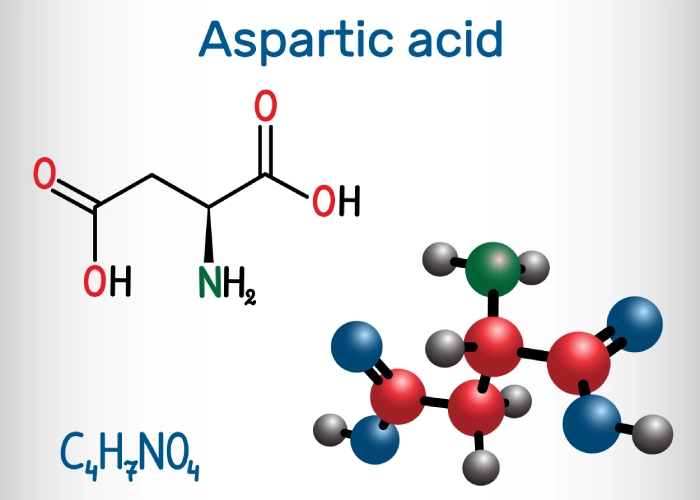Breakthrough in CF Management: TRIKAFTA’s Extended Reach
Vertex Pharmaceuticals Incorporated has announced a significant development in the treatment of cystic fibrosis (CF). The U.S. Food and Drug Administration (FDA) has approved an expansion of TRIKAFTA® (elexacaftor/tezacaftor/ivacaftor) for use in individuals with CF aged 2 and older. This approval extends to those with at least one F508del mutation in the cystic fibrosis transmembrane conductance regulator (CFTR) gene or a mutation that responds to TRIKAFTA, as evidenced by clinical and/or in vitro data.
This expansion marks a crucial step forward in CF treatment, potentially benefiting approximately 300 additional individuals in the U.S. who previously had no access to medication targeting the root cause of their condition. The approval has added 94 non-F508del CFTR mutations to TRIKAFTA’s label, significantly broadening its applicability.
However, it’s important to note that the FDA has also updated the safety information regarding liver injury and liver failure. This information has been elevated from the warnings and precautions section to a boxed warning, indicating a higher level of potential risk that healthcare providers and patients should be aware of.
Dr. Carmen Bozic, Executive Vice President of Global Medicines Development and Medical Affairs, and Chief Medical Officer at Vertex, highlighted the transformative impact TRIKAFTA has had since its initial approval in 2019. She expressed enthusiasm about the potential for this expanded approval to benefit even more patients and reaffirmed Vertex’s commitment to extending the availability of their medicines globally.
Commentary by SuppBase columnist Alice Winters:

The FDA’s expanded approval of TRIKAFTA represents a significant milestone in the management of cystic fibrosis, a genetic disorder that affects multiple organ systems, particularly the lungs and digestive system. This development warrants a closer look at its implications for patients, healthcare providers, and the broader landscape of CF treatment.
First and foremost, the extension of TRIKAFTA’s approval to children as young as 2 years old is a game-changer. Early intervention in CF is crucial for preserving lung function and improving long-term outcomes. By targeting the underlying cause of CF at such a young age, TRIKAFTA has the potential to significantly alter the disease trajectory for many patients.
The inclusion of 94 additional non-F508del CFTR mutations in the TRIKAFTA label is equally noteworthy. CF is caused by mutations in the CFTR gene, with over 2,000 known mutations. The F508del mutation is the most common, but many patients have rarer mutations. This expansion means that TRIKAFTA can now address a wider array of genetic variants, potentially offering hope to patients who previously had limited treatment options.
However, the updated boxed warning regarding liver injury and liver failure is a critical point that demands attention. Boxed warnings, also known as “black box” warnings, are the FDA’s strongest labeling requirement for prescription medications. This update suggests that the risk of liver-related adverse events with TRIKAFTA use may be more significant than initially thought. It underscores the need for vigilant monitoring of liver function in patients taking TRIKAFTA and highlights the importance of a balanced risk-benefit assessment for each individual patient.
From a market perspective, this expanded approval is likely to solidify Vertex Pharmaceuticals’ position as a leader in CF treatment. The potential to treat an additional 300 patients in the U.S. alone represents not only a significant market expansion but also a step towards addressing the unmet needs of patients with rarer CF mutations.
It’s worth noting that while TRIKAFTA has shown remarkable efficacy in clinical trials, its long-term effects, particularly in very young children, are yet to be fully understood. As with any medication, post-marketing surveillance will be crucial to identify any unexpected long-term consequences and to refine treatment protocols.
The pricing of TRIKAFTA, which has been a point of discussion since its initial approval, may come under renewed scrutiny with this expanded indication. As the potential patient population grows, there may be increased pressure to ensure accessibility and affordability, particularly for long-term pediatric use.
In conclusion, the FDA’s decision to expand TRIKAFTA’s approval is a significant advancement in CF care. It offers new hope to hundreds of patients, including young children, who previously had limited treatment options. However, the updated safety information serves as a reminder of the complex nature of CF treatment and the need for ongoing vigilance in monitoring patient outcomes. As we move forward, it will be crucial to balance the transformative potential of TRIKAFTA with careful management of its risks, ensuring that patients receive the maximum benefit from this groundbreaking therapy.



